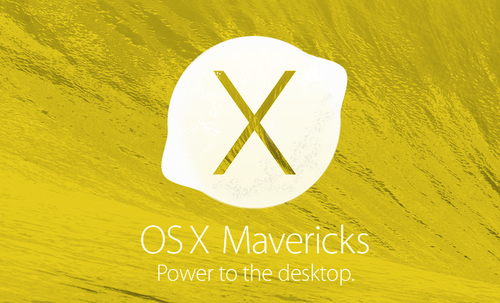Preamble of Loathing
I want to be fair to Adobe. I want to, but I’m not. When I think of using their products, viscous, boiling rage fills my being. To narrow, and focus my rage in a single stream of piercing detestation: The stuff they do that is NOT the application is the problem.
Updating Updates for Updaters
I’d like to think that the farce perpetuated by these application updating applications is intentional comedy, but I doubt humor was the intent. Every application Adobe makes has another application that updates it. Flash has an updater. Creative Cloud is the updater for all the Adobe creative applications. Creative Cloud has its own updater. The best are those cascading updates that start with one updater needing to run before the next. They’re so much fun, why wouldn’t you want to click things and enter your system password over and over? It’s SO easy!
In an era where applications can be seamlessly updated in the background, this is incredibly backwards. This reeks of the kind of corproate fiefdom where someone is charged with writing the updater, and then it just gets protected, that role enshrined. You can’t have an app without an updating app!
They check for updates whenever they want. They don’t tell you any order in which they need to be installed. They are written with Adobe’s proprietary codebase so you can’t copy and paste error messages from dialog boxes. Remember Adobe AIR? The write-once, run-anywhere mess that they gave up on? In undeath, it still manages to exhibit all of the drawbacks that made people avoid it. Seriously, load the Console and look at all the font errors! Why are there font errors?!
A cardinal sin of these updating applications is stealing focus. It is not the most important application running on your system. You start the updater, and you go do some other work, and BLAM0! Here’s a window over everything! You wanted that, right?! This is the most important thing in your life, isn’t it?! Not an error dialog, not a failure code, just “HEY, LOOK AT ME! KEEP TYPING WHATEVER YOU WERE TYPING SO I CAN BEEP AT YOU!”
Installation failed. Error U44M1P7.
What does that even mean? Adobe’s application doesn’t say. You can search the internet and you’ll get a help page from them that says: “The U44M1P7 error means that the update didn’t install.”
If I was writing an app, and I gave it an error code, it would be human-readable. Sure, it’s great to have a code in case there is ambiguity, but the explanation of the code needs to be there. If I were writing an application where help docs have been written about what this error code means, I would include that text, or at the very least link to it. I would not want someone to go search the internet for the error code they can’t copy and paste out of the dialog window.
Especially not when the error message means:
The U44M1P7 error indicates nothing more than that the update wasn’t applied.
Step 1: Identify a problem exists. Step 2: Grant remote access.
Theoretically part of my monthly bill goes towards providing me with support and service. Unfortunately, I received no satisfaction at all from this service. You get in to the chat, and they check that everything’s in order with your account. They ask if you’re having the problem you said you’re having, and then you get put in touch with a specialist. The specialist asks if you’re having the problem you said you’re having, and he doesn’t mention anything about what the error code means. He asks you to download and install the patch manually with a URL that doesn’t format to a link in their chat system, because why make any of this easy? Download, install, and same error. He says he wants to gain remote access to my computer so we can look at this together.
I have an aversion to remote access. I am sure that Adobe support staff have fantastic training (confidence instilled by the repeated question about what my problem was) but I don’t generally consider remote access to my system to be Step 2 in a debugging process.
Instead, I found the help docs for the error that suggest uninstalling and reinstalling the application completely. I’d rather do that myself since I’m 99% sure that was going to be his next suggestion.
Sprawl
You may not realize this, but Adobe puts crap EVERYWHERE when they install things. So much crap is there that you get to run an uninstaller application included in the application’s folder. Let me break that down for you: On a Mac, in OS X 10.9, in 2014, Adobe has shipped a product with files all over the place, application-specific folders, and application-specific uninstalling applications. There is no drag-to-the-trash. I know that there are files all over the computer that those drag-to-the-trash apps leave behind as well, and it’s theoretically helpful that Adobe removes all the other stuff, but there’s so much stuff, and the uninstaller is written so poorly, that it takes 10 minutes to completely run the uninstall for 1 application. Drag to trash > 10 minute progress bar.
I’ve successfully installed it again (which involves downloading the application from scratch, gigabytes of it.) It runs, Creative Cloud is happy. Everything is right with the world! It’s just hours of my “creative” time.
Until next time. Until my menubar is invaded by a numeric badge for updating updating applications.
